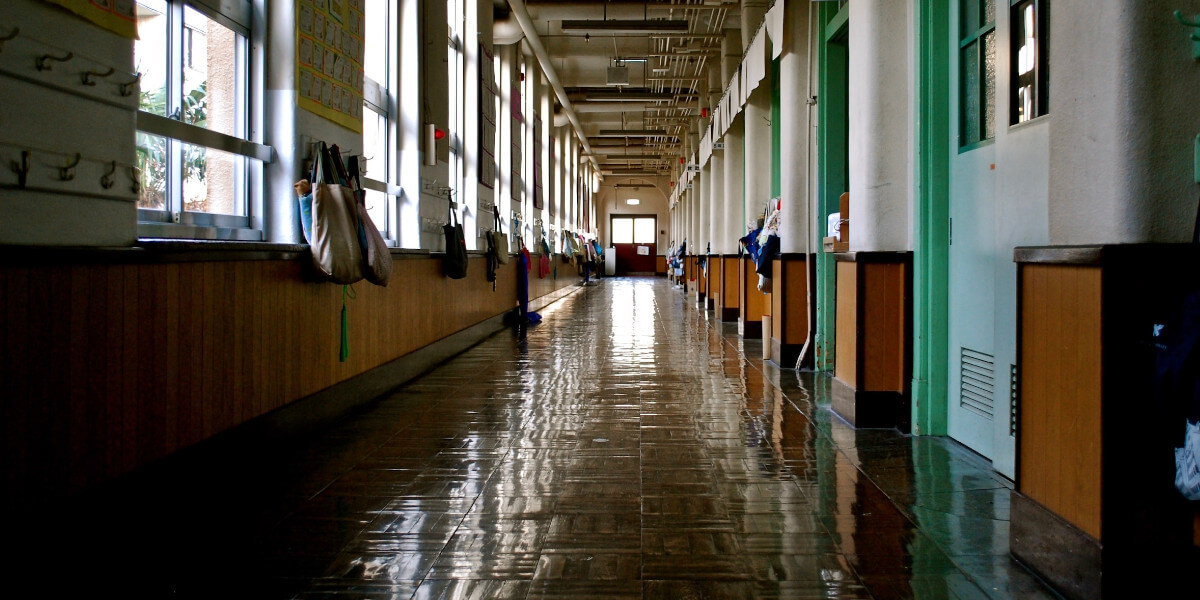
6 Parenting Tips For Summmer
The dream of a leisurely summer lounging in a shimmering blue pool helps us endure the cold and stressful days of the year, but as temperatures rise, so does our anxiety. We eagerly anticipate a break from school and the chance to spend more time with our children, yet we also feel the pressure to make every moment meaningful, despite other commitments. Parents who work outside the home need to arrange full-time childcare, while those who work or stay at home face the challenge of managing the disruption. How can you foster joy, manage expectations, and take care of everyone – including yourself - this summer?
Here are some of our Lifeologie Counseling parenting pro's favorite tips:
1. Plan Ahead
If you’re planning a trip, book early, pack snacks, and allow extra time. A survey released by The Vacationer found 212 million adults in the US plan to travel this summer, with about 54% intending to fly. The rest will join 87 million of their fellow Americans taking interstate trips. Plan more frequent breaks, work in some games like I Spy or 20 questions, and try not to take it personally when they have spells of appearing terribly ungrateful. It’s hard on little ones to sit still, wait in line, eat weird food, not be able to see over crowds, and sleep in strange places.
Summer camps fill up quickly and some can be prohibitively expensive. If your budget allows, book something that lets your child explore new interests or develop a budding hobby. Or, take advantage of free trials. Most dance, gymnastics, martial arts, and computer coding studios offer a free course or 1-week membership. To find free courses near you, try asking your local Chamber of Commerce or visit sites like Activity Hero.
Despite the best laid plans, trying new things and traveling involve experiencing the unfamiliar and unexpected. Teaching your kids that difficult times will pass and modeling how they can bounce back when things don’t go as planned are much more valuable life lessons than losing it at the ticket counter. Every moment is a teachable moment.
2. Stick To A Routine
It can be tempting to let the days unfold spontaneously over the summer, but the truth is, we all function better on a schedule. Knowing what’s happening and being ready, not rushed, can prevent a lot of meltdowns, especially in the morning. For neurodivergent children and teens, especially those with Autism Spectrum Disorders (ASD), routines can be comforting. Reduce everyone’s stress by keeping mealtimes, bedtimes, and outings consistent. If asking your children to choose, limit their options to two choices. It’s less overwhelming but still gives them a sense of autonomy.
See if there’s a day each week where your children can visit their local library. If your children aren’t readers, maybe they’ve never had the chance to choose their own options. Think graphic novels, audiobooks, choose-your-own-adventure, or favorite movie tie-ins. Most libraries have summer programs with hands-on activities, role-playing games, or maker spaces, where kids make art out of recycled materials. This year, many are collaborating with the US Forest Service to celebrate Smokey Bear’s 80th birthday, with lots of adventure and camping-themed fun and reading rewards.
3. Let Them Eat Cake
Build in opportunities to indulge a favorite food or activity. You don’t have to feel pressured to visit that pricey trampoline park each week or to let your lactose-intolerant child go wacky every time the ice cream truck rolls by (see #2), but it’s nice to create a few memorable moments where your child feels special and free from criticism, worry, and danger.
4. Find Fresh Air
Get outside and play! One of the easiest things you can do with your family is just take a walk. Nature provides the gift of “involuntary attention”, when our minds are aware of our surroundings but aren’t gearing up to act, react, or get involved. We just notice, fearlessly, free of judgment, allowing our brains to recharge and restore our ability to fully pay attention.
Is a swim, skate, race, or bike ride more your style? A 2023 Scientific Reports study found that time spent outdoors leads to cognitive increases similar to those we get from aerobic activity. Combining exercise with the outdoors seems to have an additive effect. Bonus!
Bring a blanket outside at night and let your children look up at the stars. It takes your eyes about 15 minutes to adjust to darkness, which is a perfect amount of time to snuggle. Wow your kids with your amazing grasp of astronomy by visiting a skymap before you head out so you’ll know what to look for and where it’s located! Try the Online Planetarium at https://in-the-sky.org/skymap.php.
5. Manage Expectations
Be clear about the routines and behaviors you expect, communicate consequences, and be honest about what your children’s needs are and how you can best support them. If you’re traveling, talk about when and where you’re going and how to behave on the trip. If there’s no fancy vacation this year, there’s no need to apologize. Let your children tell you about things they’d like to do locally or at home, from learning how to cook their favorite dinner to making home movies.
Younger children may need pictures or charts for schedules or chores. Children with memory problems or learning differences might need to focus on completing one task at a time, or get help staying on target or arranging spaces so that every shoe, book, and toy has a dedicated place. Talk with your teens who already have a bit of independence and be specific about what you are willing to allow regarding curfews, dating, driving, screen time, and summer jobs.
6. Ditch the Guilt
The typical summer break in the US is 12 weeks long. It’s okay for your children to be a little bored! Yes, they need a routine, but that doesn’t mean you have to function as their entertainment director every moment. If necessity is the mother of invention, boredom is probably the father of creativity. There’s a reason wooden blocks are still around.
Finally, if you’re feeling overwhelmed or think summer just isn’t like it used to be, focus on doing just one thing: Love the child you have, not the child you want. They don’t love you any less for being a less-than-perfect parent, so don’t spend the precious time you have with them wishing they were different. What a gift you can give them by simply being present and showing interest in the things that interest them. Investing in mind-numbing conversations about Minecraft now means they’ll trust you to have conversations about the big things later.
Forgive yourself for the moments when you lose your cool. Practicing patience, being consistent, and learning to walk away rather than say something you’ll regret later are skills that take time to learn. Our parenting style often reflects the environment in which we were raised, and that may not be an experience we want to repeat. We are often isolated as parents, because we feel guilty or ashamed asking for helpl. You allow your children the time, space, and resources they need to learn how to behave in the world, so think about giving yourself that same grace.
Consider reaching out to connect with a therapist who specializes in parenting, and can work with you individually or with your entire family, from teaching mindfulness techniques that can alleviate anxiety to emotional regulation tools that will work for you AND your family!

About Lifeologie
Lifeologie Counseling was founded in 2000 with one goal in mind — to bring a fresh, innovative approach to the everyday problems of life. Creative solutions to stuck problems®. With our unique multi-specialty, collaborative approach, Lifeologie Counseling helps individuals and families heal their wounds and break out of old, unhealthy patterns.




